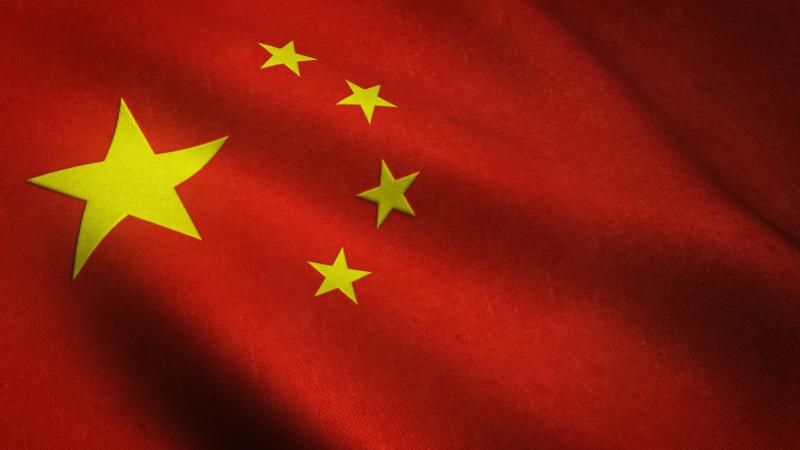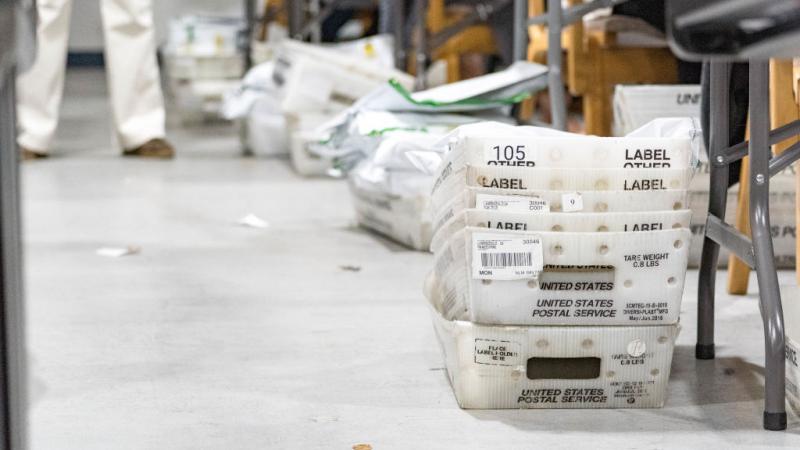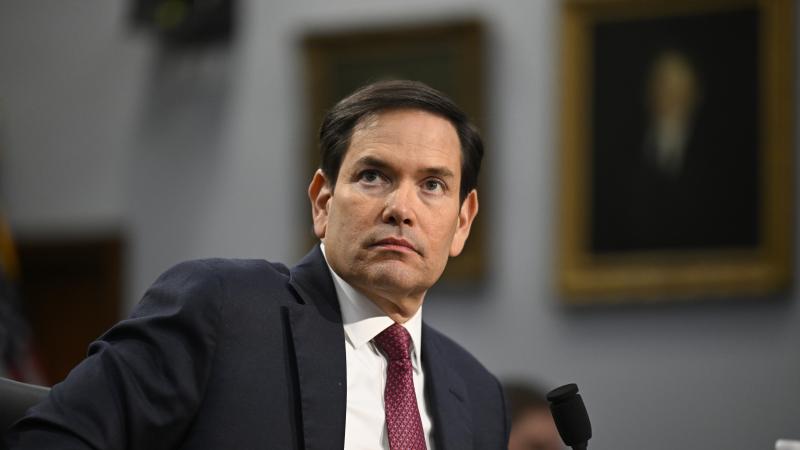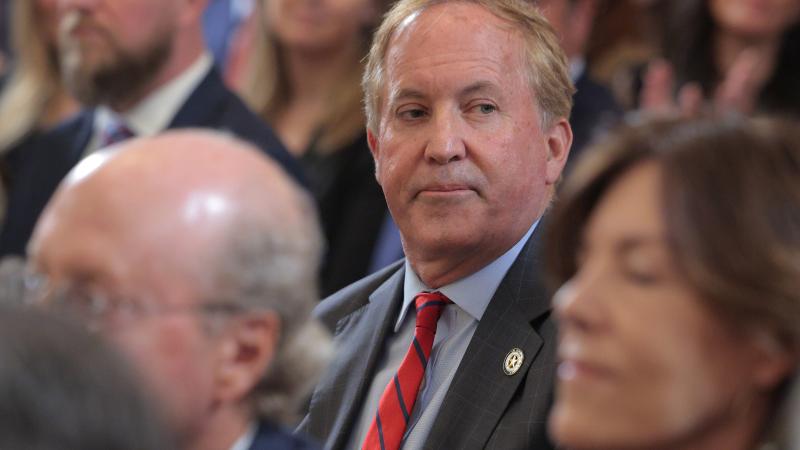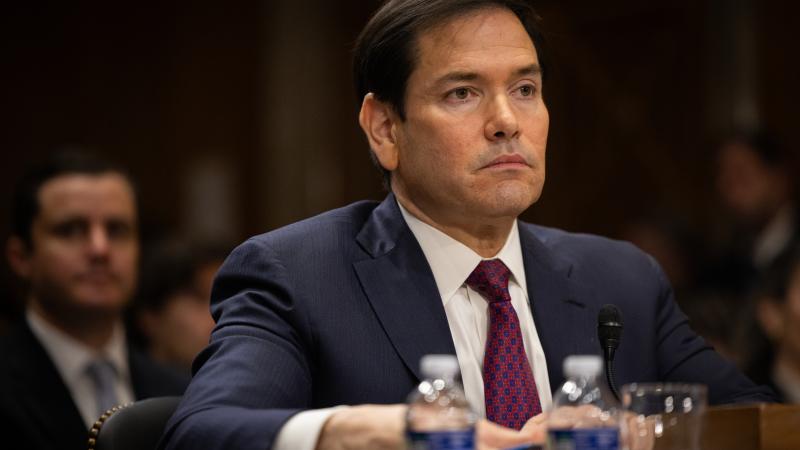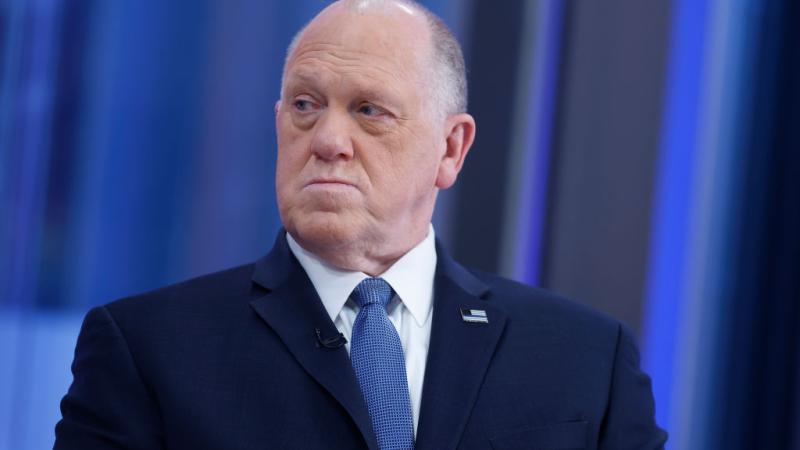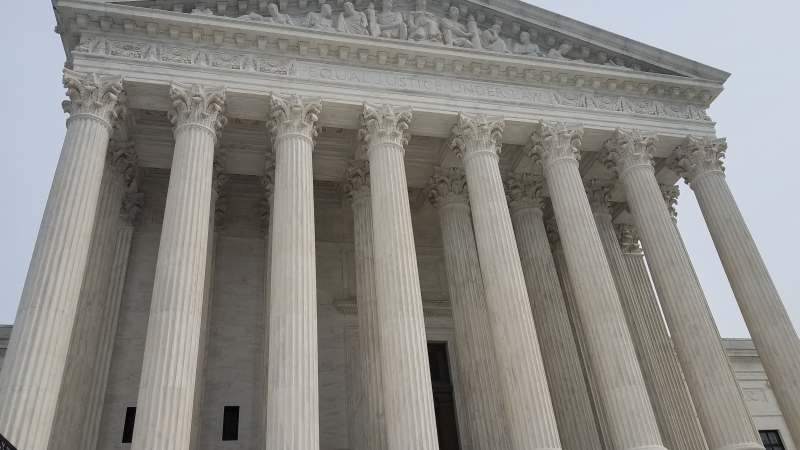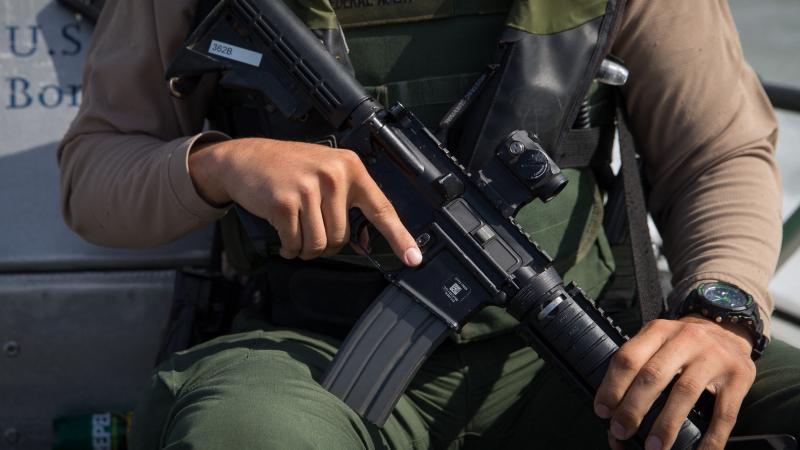Allies, EU, celebrate Trump's Caucasus deal as a 'remarkable' win over Russia
Trump allies, for their part, have been eager to characterize the treaty as part of a Trump mediation effort to end the fighting, which had largely already subsided.
President Donald Trump on Friday signed economic agreements with the leaders of Armenia and Azerbaijan in what the White House called a “peace summit” to resolve decades of strife between the two nations.
Armenia and Azerbaijan have fought a series of conflicts over disputed territory since the breakup of the Soviet Union, which ultimately led to the Azeri occupation of the Nagorno-Karabakh region and the mass exodus of the Armenian Christian population from the territory.
Trump's allies, for their part, have been eager to characterize the treaty as part of a Trump mediation effort to end the fighting, which had largely already subsided. Speaking on the “John Solomon Reports” podcast, the former National Security Council chief of staff Fred Fleitz portrayed Trump as intervening to end a conflict under Russia’s nose.
Fleitz: "Trump stepped in"
“There's been tension, as you said, between these two countries for 100 years, but the Soviet Union and Russia more or less kept it under control,” he said. “But what happened in 2020 when Putin turned to Ukraine, he basically decided to let this conflict go, and it spun out of control. There's a power vacuum. There's no leader to stop this fighting.”
“So Trump stepped in. He stepped in to resolve a deep-seated conflict in Putin's backyard, which is what makes it so remarkable. And he used the power of tariffs and trade to get them to talk and to stop the fighting,” he added.
In reality, the “peace deal” Trump negotiated was little more than a recognition of the war's outcome, which had been determined years ago. The economic components, moreover, largely give Azerbaijan its primary objectives.
The Council of the European Union also praised the agreement, saying in a statement that "We strongly commend both sides and the U.S. Administration for using the momentum and making progress possible."
The recent fighting began in 2020, with Azerbaijan attempting to seize control of disputed border territories. Baku, with the backing of Turkey and Israel, managed to wrest key border positions from Armenia, which had alienated its allies in the Collective Security Treaty Organization (CSTO) under the government of Prime Minister Nikol Pashinyan.
Christians forced into exile
The breakaway region of Artsakh, populated by Armenian Christians, was left isolated and ultimately succumbed to a military takeover by the Azeris in 2023. The entire population left for Armenia, fearing genocide. The Armenian Weekly reported at the time that "120,000 Armenians were forced to flee, effectively ending the Christian presence in Artsakh. Cut off from food, medicine and necessities, the population faced starvation until Azerbaijan’s military intervention forced them into exile. This ethnic cleansing marks a tragic end to centuries of Armenian Christian life in the region."
But Azerbaijan’s territorial ambitions have not ended there. The success of the Artsakh operation has renewed Azeri pushes for the creation of a so-called “Zangezur corridor” to permit its direct access to an Azeri exclave on the western side of Armenia.
The Trump-negotiated deal did not end active fighting, as the military component had largely subsided, but it did establish the corridor, albeit under the name of the Trump Route for International Peace and Prosperity (TRIPP).
The agreement is something of a defeat for the Russians, who have long-opposed Western influence in the Caucasus. The Armenian government froze its participation in the CSTO in February 2024 and Pashinyan has opined that the country was unlikely to restore normal activities with the Russian-led bloc.
Pathway for U.S. influence in the region
The establishment of the economic corridor, moreover, does create a tenuous pathway for U.S. influence to reach the Caspian Sea and sit on the borders of both Russia and Iran. The Aliyev government, in recent weeks, however, has provoked the ire of the Russian government, largely over its fierce criticism of Russian arrests of Azeri mafia groups based in Russia.
The Organized Crime and Corruption Reporting Project (OCCRP) has long documented high-level corruption in Azerbaijan. Last week, the journalism collective published details of a U.K. lawyer fined for misconduct related to his dealings with Anar Mahmudov, the 41-year-old son of former Azerbaijani National Security Minister Eldar Mahmudov. The arrangement allegedly laundered funds used to purchase property in southern England. Lawyers for the Mahmudov family deny wrongdoing.
Nevertheless, Aliyev and Pashinyan both sounded an optimistic tone at the signing on Friday, with the pair suggesting that Armenia and Azerbaijan could nominate Trump for the Nobel Peace Prize, an award the president has long suggested he deserves.
“Maybe we agree with Prime Minister Pashinyan to send a joint appeal to the Nobel Committee to award President Trump with the Nobel Peace Prize,” Aliyev said.
The development further comes as Trump is expected to meet with Russian President Vladimir Putin in the coming days to discuss a possible end to the Ukraine War. At present, however, the Russians may be hesitant to accept all but the most generous terms in light of their ongoing successes on the battlefield.


